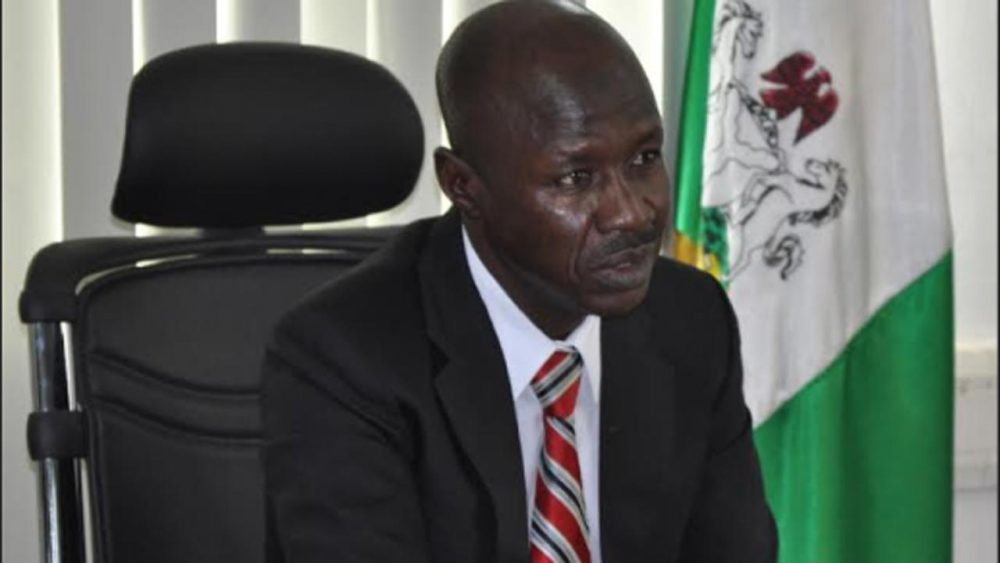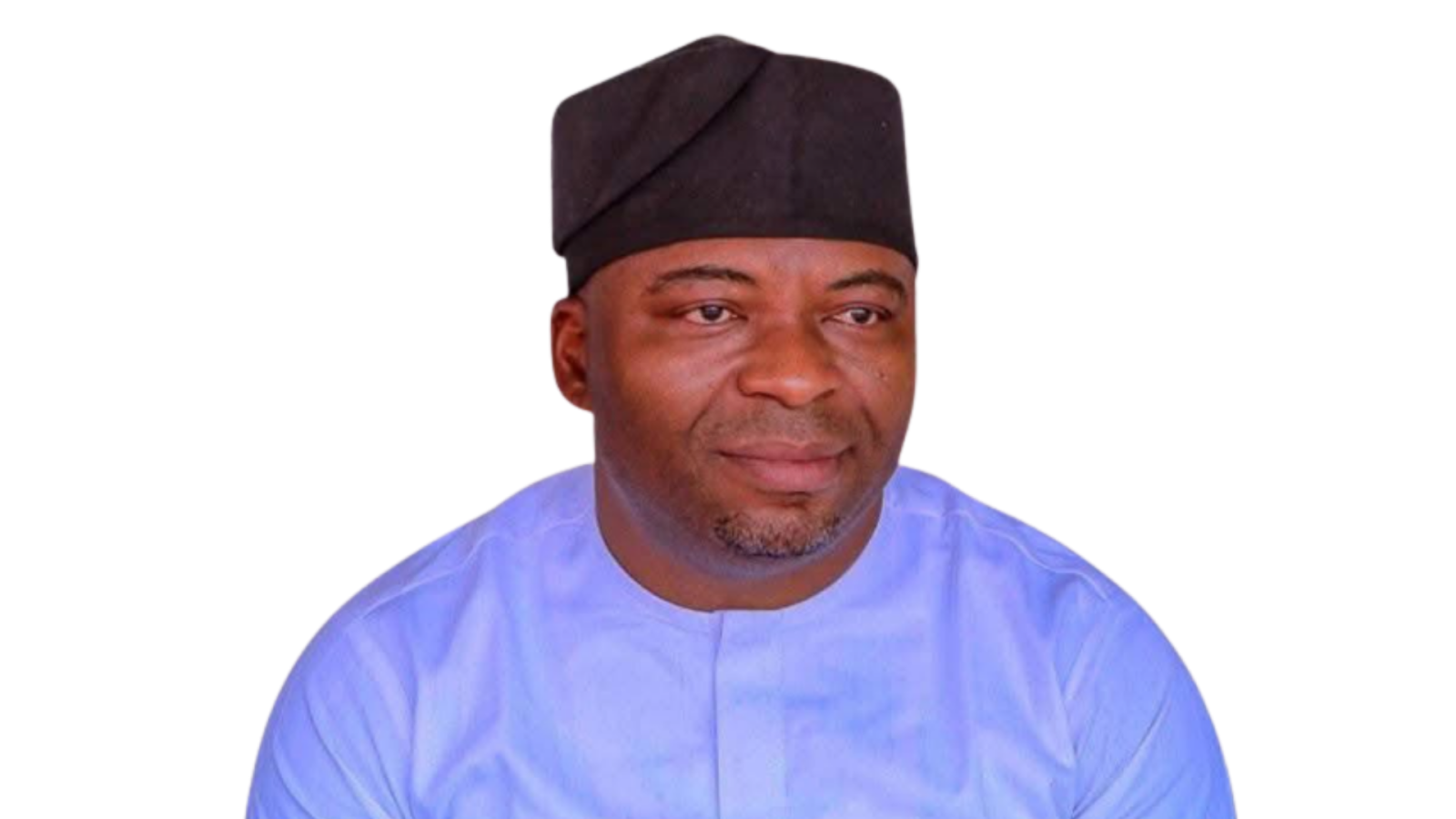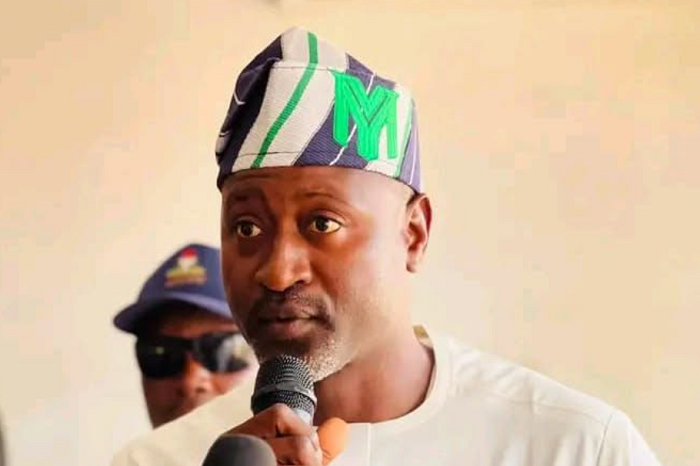The Acting Chairman of the Economic and Financial Crimes Commission (EFCC), Ibrahim Magu has alleged that some governors fuel unrest and insecurity as justification to inflate their security vote.”
“We have also seen evidence of theft of public resources by some state governors – cashing on the insecurity in their states, he revealed at the just concluded induction programme for returning and newly elected governors by the Nigeria Governors Forum (NGF) Secretariat, while presenting a paper tagged “Imperative of Fighting Corruption/Terrorism Financing in Nigeria.”
According to Magu, “Insecurity has also offered the required oxygen for corruption to thrive as evident in the $2.1 billion arm procurement scandal involving top military commanders both serving and retired.”
According to him, corruption and terrorism promote insecurity, disclosing that in the last decade alone, the country’s loss to corruption runs into trillions of Naira.
The Ag.Chair of EFFC, who said that he won’t waste his time debating the constitutionality of security vote, urged the governors to be transparent in the expenditure of public funds.
According to him, the militancy in the Niger Delta and insurgency in the Northeast are by-products of corruption.
“As an investigator, I am shocked by the quantum of resources stolen from the Niger Delta Development Commission (NDDC) by those who run the intervention agency. It is so bad that even a mere personal assistant to a former Managing Director was charged for stealing over N3 billion.”
The EFCC boss who insisted that it was impossible to separate the lingering insurgency in the north east from corruption said, “Mass poverty in the region due in part to corruption by the ruling elite, is largely to blame for the ease with which the islamists are able to recruit fighters to sustain their aggression against theNigerian state.”
Magu therefore, advised the governors shun corruption, adding, “whether we like it or not, corruption and terrorism have become the twin evils, undermining our collective efforts to make Nigeria a truly great country.”
The EFCC also blamed Nigeria’s failure to take full advantage of its natural resources as attributing to fueling corruption in the public sector, as office holders are in the habit of constantly pillaging public resources.
Magu noted that a review of the recoveries between 2017 and now, shows that in 2017, the EFCC recovered N473.065 billion, $98 million, €7 million and £294,000, while N236.16 billion was recovered in 2018, which give just an insight into what had been stolen so far.
























Leave a comment